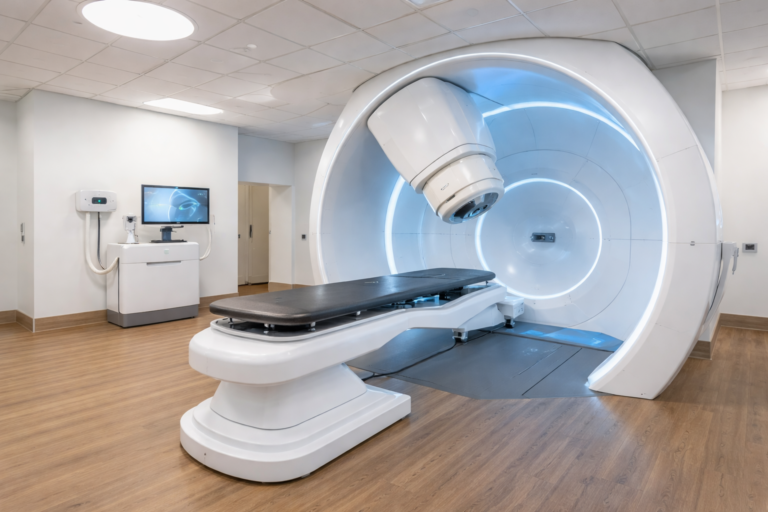
Vizient, Inc. is focusing on the potential of pulsed field ablation (PFA) technologies for treating atrial fibrillation and exploring the role of wearable monitoring devices in enhancing women’s cardiovascular health, as highlighted in the latest edition of Medical Device Tech Watch.
According to Bonnie Lai, Senior Vice President and General Manager at Vizient, “New technologies—like pulsed field ablation and wearable heart monitoring—and clinical decision support tools present providers with the opportunity to improve care pathways and determine how to provide cost-effective care. By working closely with providers, we have developed best practices for operationalizing the use of these innovative technologies and tools.”
Key articles in this edition include:
- Electrophysiology Technology: Pulsed Field Ablation (PFA)
As atrial fibrillation rates rise, efficient and coordinated cardiovascular care is increasingly crucial. Pulsed field ablation (PFA) has shown promising clinical results, boasting a 60-70% success rate in keeping patients a-fib free after one year. While supply utilization and reimbursement policies will impact its adoption, hospitals with comprehensive electrophysiology programs are exploring this technology due to its lower risk profile compared to other ablation modalities. - Women’s Cardiovascular Care and Wearable Technologies
Addressing disparities in heart disease care for women is essential. Providers can bridge these gaps by understanding women’s unique risk factors and symptoms, such as fatigue and jaw pain, and focusing on disease prevention. The evolving generation of wearable heart monitoring devices is showing increased accuracy and functionality, with higher adoption rates observed among women. However, overall adoption remains lower among older adults and those with lower incomes, indicating potential for broader implementation to enhance care. - Clinical Decision Support Tools: Benefits and Implementation
Clinical decision support (CDS) tools offer automation, cost reduction, and enhanced collaboration among clinicians. Their use is becoming mandatory for certain reimbursements under the Protecting Access to Medicare Act. These tools streamline clinical evidence assembly, drug information aggregation, and overall operational efficiency, benefiting patients, providers, and insurers alike.
In conclusion, Vizient’s exploration of these technologies underscores their commitment to advancing cardiovascular care and optimizing healthcare delivery through innovation and strategic collaboration with healthcare providers.




